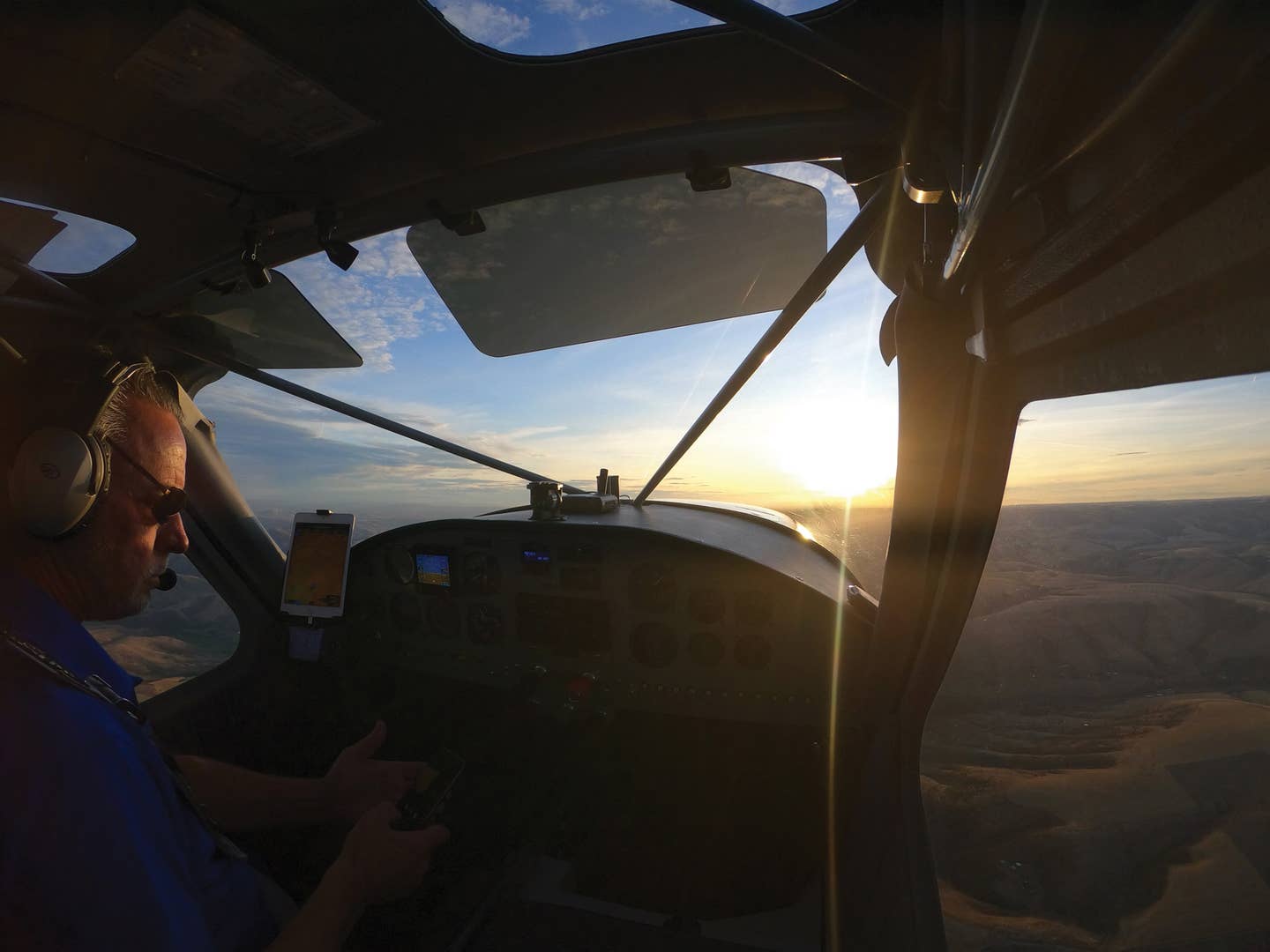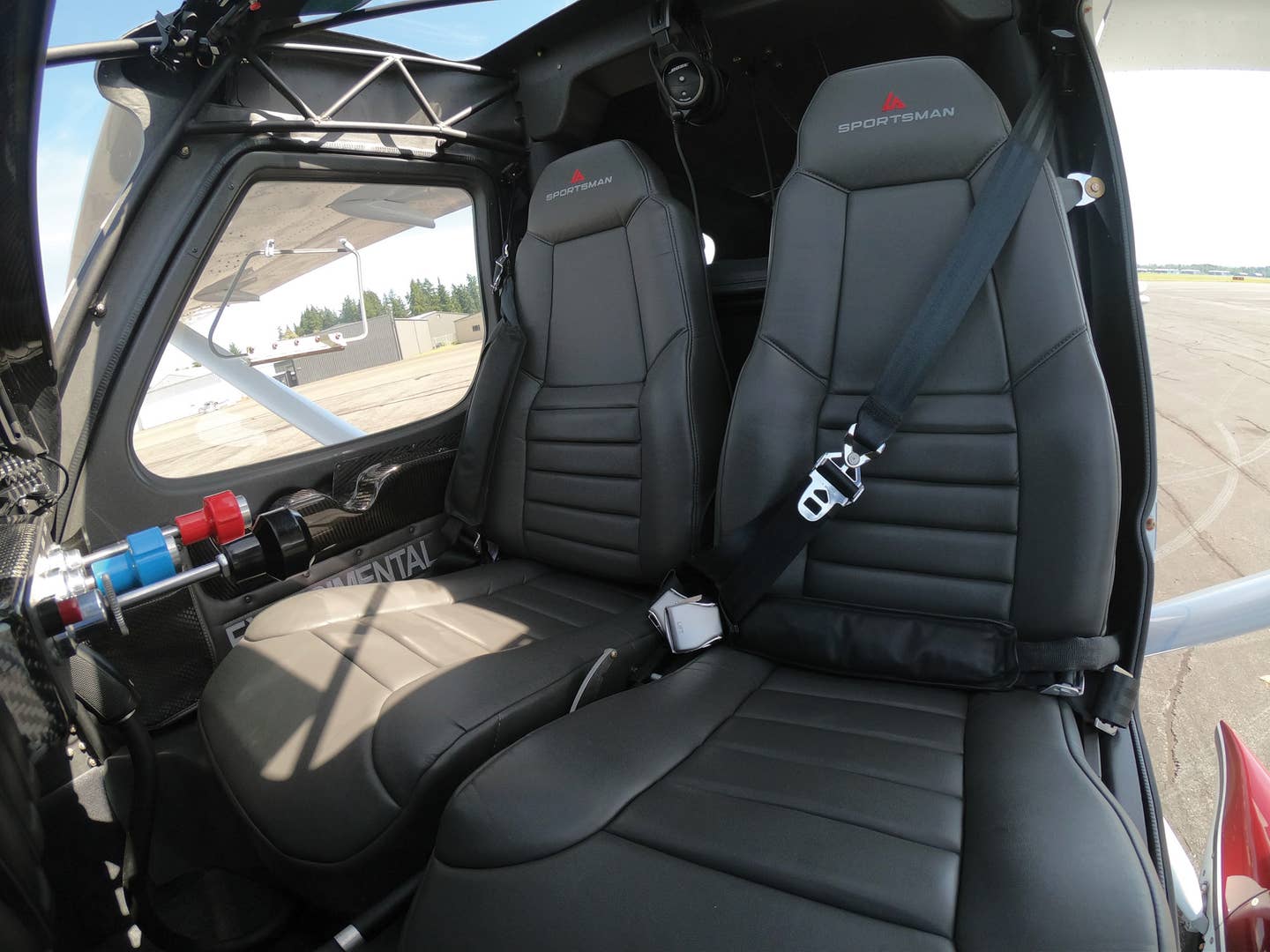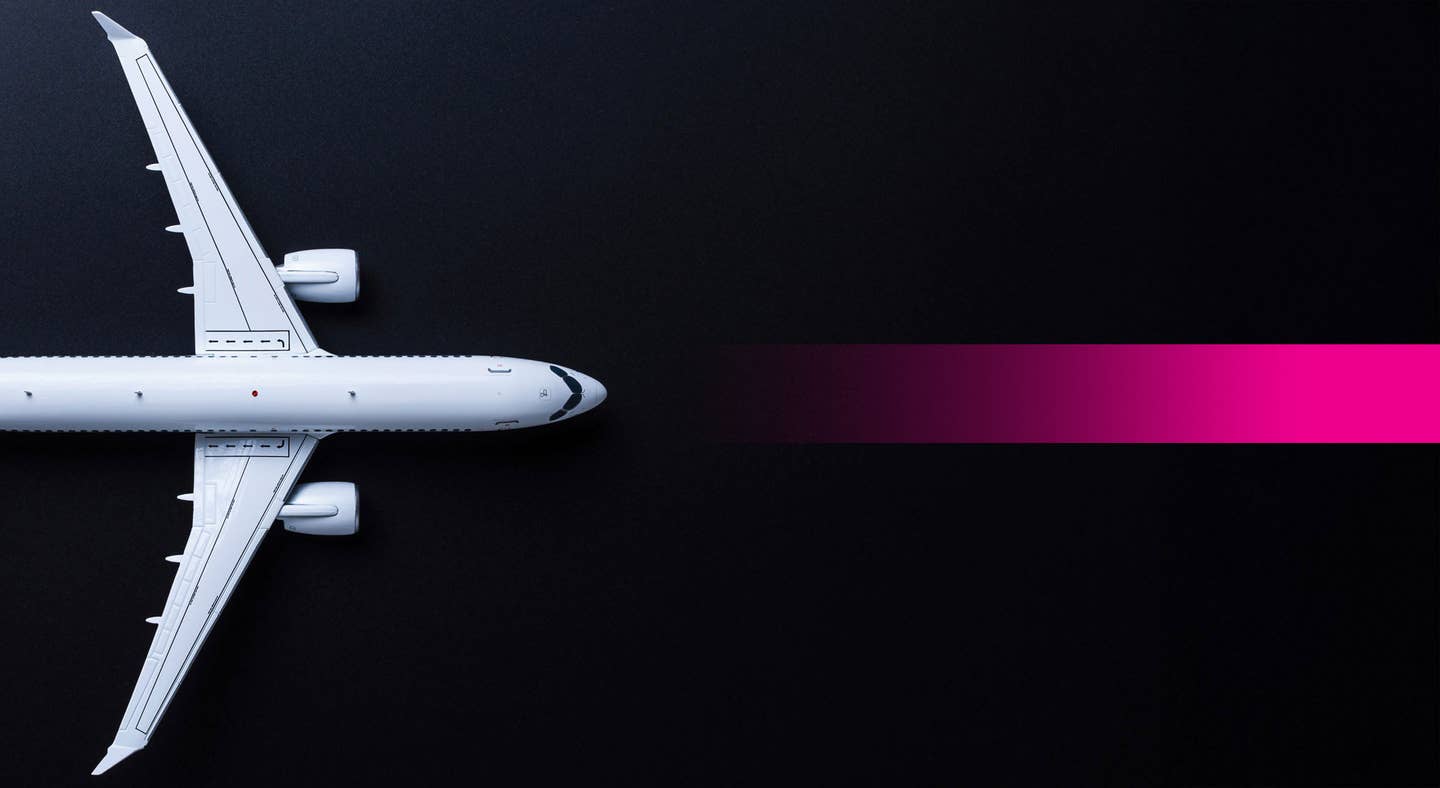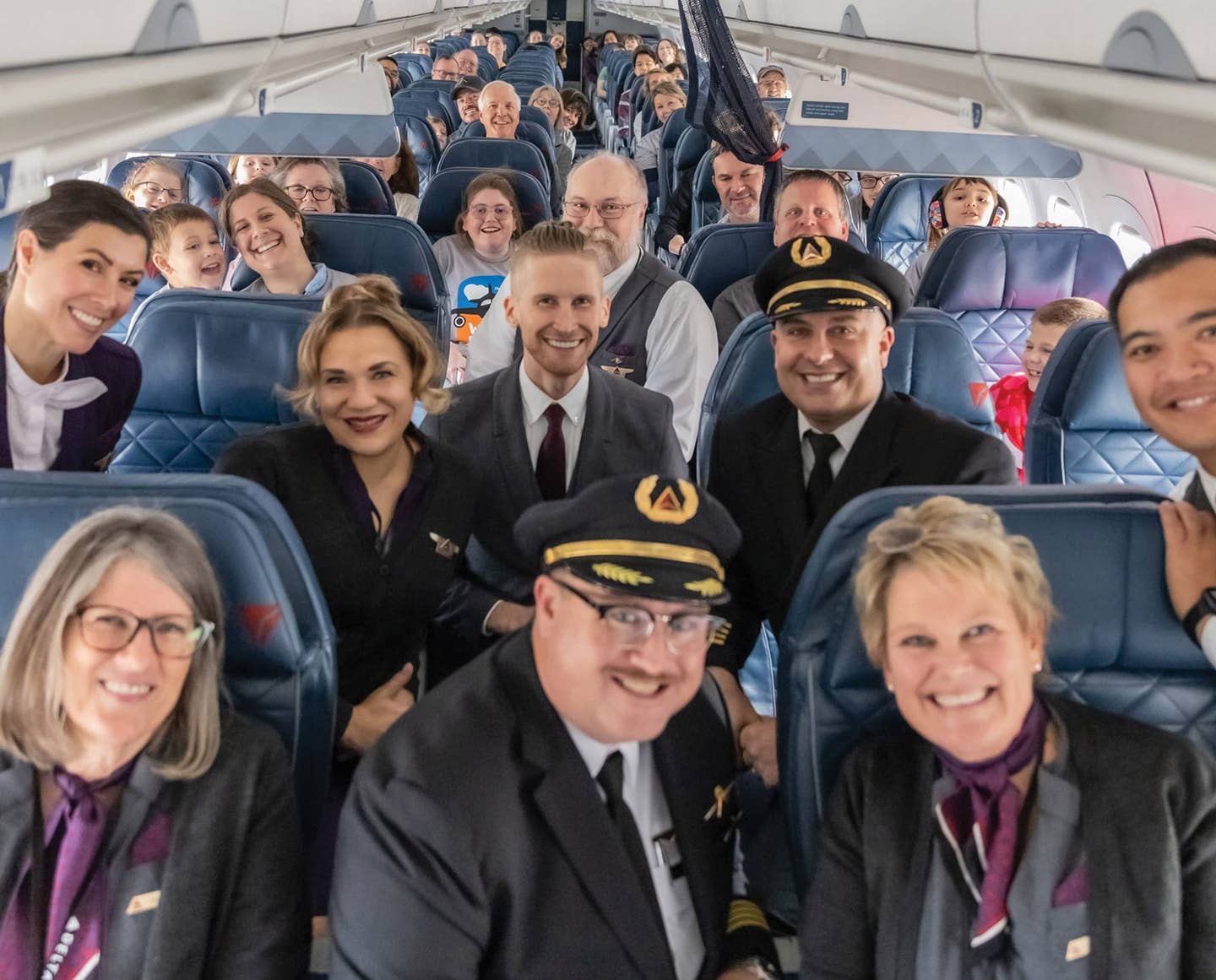Boeing 747: 50 Years, 50 Amazing Facts
The original jumbo jet celebrated the 50th anniversary of its first flight in 2019.
It's been a wild and unpredictable half century for arguably the most innovative airliner ever, the Boeing 747. Dreamt up back in the mid 1960s, the double-decker jet burst onto the scene in a way that probably only one other airliner ever has, and that one was supersonic. With the ability to carry more passengers than any other plane for farther than any other plane, the 747 was not only capacious but really fast, too. Over the past 50 years the big airliner has had more than its share of happy firsts as well as a few tragic episodes, too. And it's been prolific. With more than 1,500 of the giant jets built since 1970, Boeing has plans to keep selling the plane for the foreseeable future, even if that future now seems more twin-engined and single-deckered than it did 25 years ago. Regardless, the 747's place in history is assured, and make no mistake about it; it'll be flying the world's skies for decades to come.
Are you an aviation enthusiast or pilot? Sign up for our newsletter, full of tips, reviews and more!
1. Reason for 747 development: Contract for large USAF transport
2. Finalists: Boeing, Douglas and Lockheed
3. Winner: Lockheed with C-5 Galaxy
4. Chief Boeing designer of what would become the 747: Joe Sutter
5. First public showing of 747: September 30, 1968
6. First flight: February 9, 1969, 50 years ago
7. First commercial service: January 22, 1970
8. Launch customer: Pan Am
9. Order details: 25 airplanes for $525 million
10. Major innovation: First use of high-bypass turbofan engine
11. Number of 747 models produced: 6
12. Expected life of 747: 15 years and 400 deliveries.
13. Number of 747s built to date: More than 1,548 by end of 2018
14. Wingspan of 747-8: 224.7 feet
15. 747 wing sweep: 37.5 degrees
16. Top speed: Mach .855 (Mach .90 for the 747-8)
17. Top speed, typical airliners of the '70s: Mach .78
18. Typical number of passengers 747-100: 276
19. Number of decks: Two
20. Alternate Use: Cargo carrier. The nose flips up.
21. Passengers, 747-8: 467
22. Max takeoff weight, 747-8: 987,000 pounds
23. Slowest commercial 747: Mach 0.0---converted 747-200, Jumbo Stay Hotel, Stockholm, Sweden
24. Number of rooms: 27
25. Cost per night of the cockpit suite: 1,850 Swedish Krona ($200 USD)
26. Worst aviation disaster: Tenerife, two 747s collided on the ground
27. Fatalities: 583
28. Most passengers carried: El Al 747, 1,086 on takeoff, 1,088 on landing (two babies born in flight)
29. Reason for the high passenger load: Evacuation of Ethiopian Jews from Addis Ababa
30. Year 747s adopted as Air Force One: 1990
31. Airplane it replaced: Boeing 707
32. Total fatalities in 747 history: 3,744
33. 747 fuel cost per hour: Around $15,000
34. Range of 747-100: 5,830 nm
35. Range of 747-8: 7,730 nm
36. Engine options on most 747s: Pratt & Whitney, GE or Rolls-Royce
37. 747-8 engines: GEnx
38. Takeoff thrust: 66,500 pounds of thrust
39. First 747 GE engines: 46,750 pounds of thrust
40. United's retirement of last 747: November 2018 (48 years in service)
41. Cost of 747-100, 1970: $24 million (about $150 million in 2018 dollars)
42. Cost of 747-8: $380 million
43. Number of miles flown, 747 fleet: Approximately 57 billion
44. Space travel equivalent: 137,000 round trips to the moon
45. Passengers flown: 5.9 billion, almost 80 percent of current world population
46. 747-8 orders: 150
47. Delivered: 130
48. Possible final 747s: Two 747s to serve as Air Force One
49. Delivery date: 2024
50. Name of occupant: TBD

Subscribe to Our Newsletter
Get the latest Plane & Pilot Magazine stories delivered directly to your inbox






